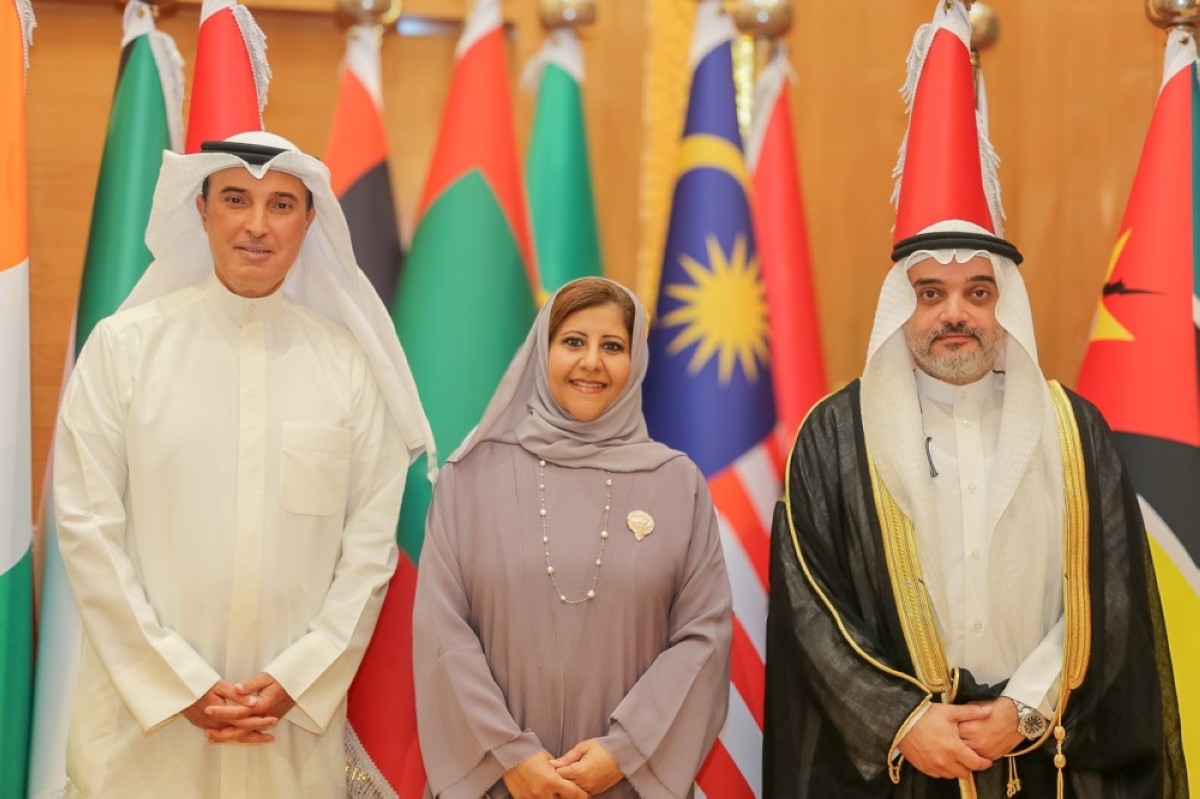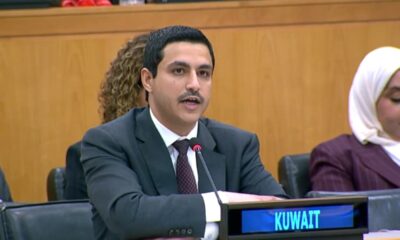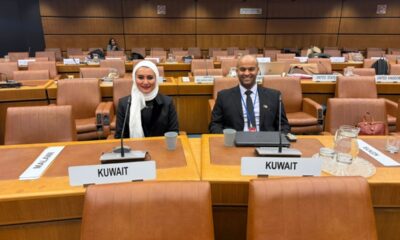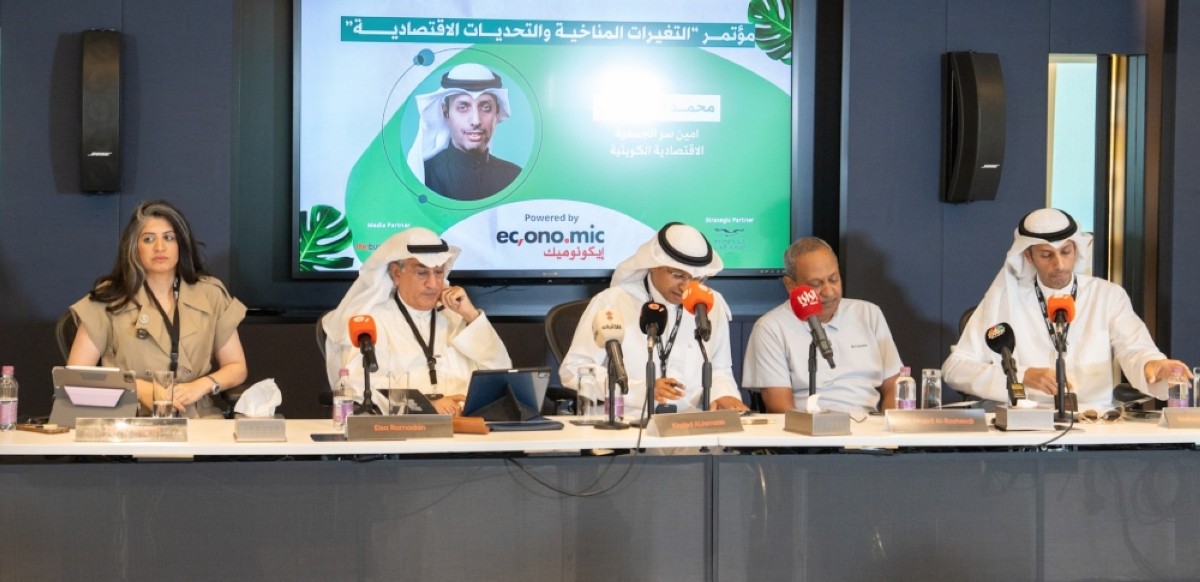JEDDAH: The 25th Ordinary Session of the Independent Permanent Human Rights Commission (IPHRC) of the Organization of Islamic Cooperation (OIC) commenced Sunday at the organization’s headquarters in Jeddah, with Kuwait actively participating in the high-level human rights discussions. Leading the Kuwaiti delegation is Assistant Foreign Minister for Human Rights Affairs Ambassador Sheikha Jawaher Ibrahim Al-Duaij Al-Sabah. She is joined by Kuwait’s Consul General in Jeddah and Permanent Representative to the OIC Yousef Al-Tunaib, Advisor at Kuwait’s Mission to the OIC Turki Al-Daihani, and diplomatic attachés Jana Al-Dhafiri and Fawaz Qutb Al-Din.
The current session, held under the theme “The Right to Water: A Human Rights Perspective,” aims to shed light on access to clean and safe water as a fundamental human right. In his opening address, OIC Secretary General Hussein Taha stressed the critical importance of water, describing it as “the lifeblood and a cornerstone for achieving peace and sustainability.” Taha noted that several OIC member states are grappling with severe water stress, and called for stronger cooperation, capacity building, and investment in water infrastructure. He urged stakeholders to treat water as a shared human heritage, avoid its use as a means of coercion or conflict, and promote fair transboundary water-sharing mechanisms.
In her remarks, Noura Al-Rashoud, Executive Director of the IPHRC Secretariat, emphasized the urgent need to ensure equal and fair access to water, particularly for marginalized and vulnerable groups. She also drew attention to the dire humanitarian situation in the occupied Palestinian territories, where hundreds of thousands are denied basic rights, including access to clean water. Al-Rashoud highlighted the suffering of Palestinians under occupation, describing their daily lives as a constant struggle for survival. She called for affordable and accessible water services for all, without compromising other essential needs, and underscored the importance of transparency, accountability and innovation in water management systems.
She expressed appreciation to former Commission Chairman, Kuwaiti Ambassador Talal Al-Mutairi, for his pivotal role in advancing the Commission’s work during the previous session, praising his leadership in steering the body towards significant achievements. Chairman of the IPHRC, Haji Ali Ace Gul, voiced grave concern over the ongoing humanitarian and rights crisis in the Gaza Strip. He strongly condemned the deliberate targeting of civilians and the obstruction of humanitarian aid, labeling these actions as war crimes and crimes against humanity amounting to genocide.
Gul reaffirmed the Commission’s unwavering solidarity with the Palestinian people, calling for an immediate lifting of the blockade, unrestricted humanitarian access, and urgent international efforts to protect civilians and ensure accountability in accordance with international law. He also stressed the importance of adopting a holistic approach to the right to water, ensuring equitable access and protection for all. The session, set to run through July 17, will explore both international and Islamic legal perspectives on the human right to water. The program includes open and closed-panel discussions addressing various human rights concerns. A final report summarizing the session’s outcomes and recommendations is expected to be issued on Thursday. — KUNA








































